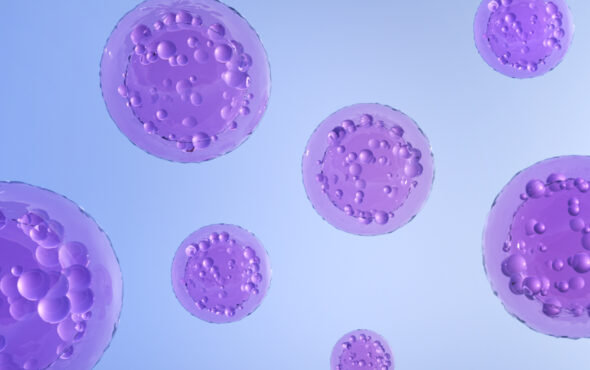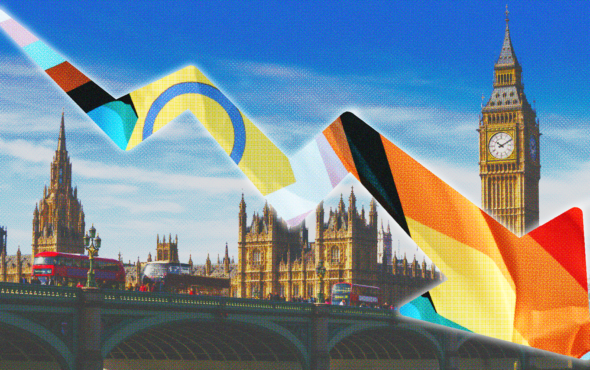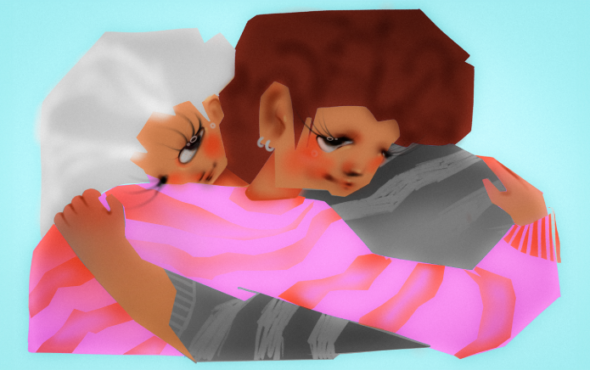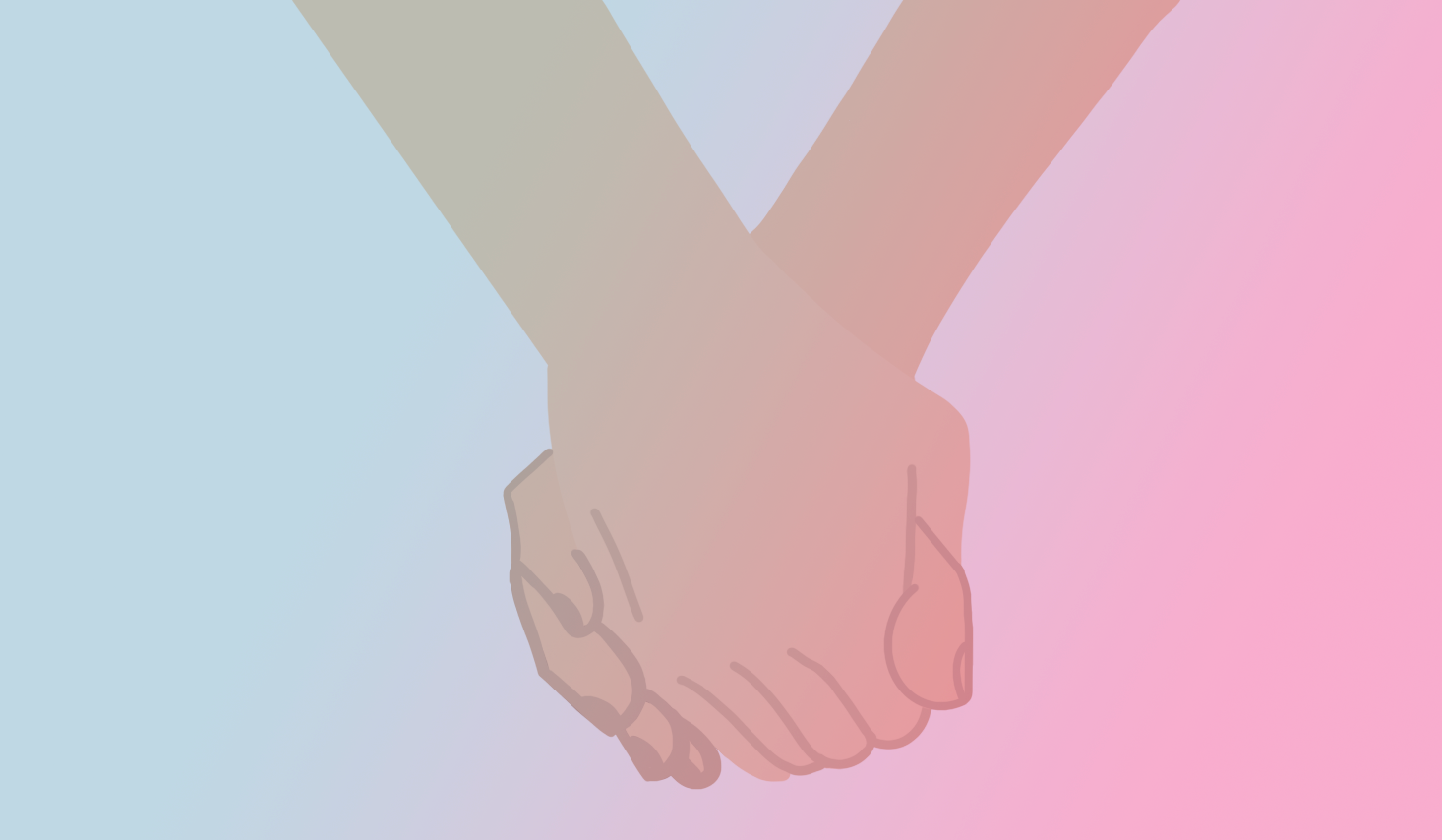
The moment trans actress Laverne Cox introduced the world to her twin brother in Orange is the New Black really helped me come to terms with being transgender and a twin, who is no longer exactly identical.
My twin sister Olivia and I have always been very different since birth. Despite being identical twins, we’re very different in how we act, what our values are, and how we think and feel. This has always been apparent, with many people pointing out our personality differences. While we may have never dressed the same or have “twin telepathy”, we are still very much twins and we still love each other the same way as many twins do.
Growing up, my family knew I was a little quirky in some ways. I didn’t share many interests with Olivia despite what even our parents thought about twins. I was my own person, not one half of a person and my sister the other half. Personally, I think that’s one thing people get wrong about twins. We are individuals. We just happen to have the same DNA.
I knew I was transgender since I was four-years-old, but I made a lot of excuses for myself. I tried to find every reason I possibly could to justify why I just couldn’t be transgender. I went through a period of total denial, a phase I believe almost every LGBTQ+ person goes through at one point or another.
I didn’t like sports so I thought I couldn’t have been a boy. I also liked boys and not girls. I wore skirts to school and all my clothes were feminine. These were a few of my many excuses I made to myself, all stemming from internalised transphobia and stereotypes I’d seen and heard. All were quickly blown away by suddenly see amazing trans people in mainstream media – feminine trans men, masculine trans women and non-binary people making everyone reconsider what gender was.
But the one thing that held me back from embracing coming out as trans was that I had an identical twin – who isn’t transgender. Surely, if being trans is in my DNA, as I believed, my sister would also be transgender? I thought, ‘How can I be transgender if we’re identical twins and she’s a woman?’ I didn’t want to be transgender.
When I was 14, my family caved into the Netflix hype and got us a family subscription. My mum asked my sister and I what there was to watch, so we went through the list of what we thought she might like: Community, Friends, the list went on.
“What about this?” she asked us. My sister explained that Orange is The New Black was about lesbians and bisexual women in prison and how it had a lot of graphic content – both still wary of what our mum’s view on LGBTQ+ people were and what awkward conversations the show might bring up for the first time. We were both still in the closet, her bisexual, and me, transgender and queer but not out.
Our mum didn’t seem phased and quickly obsessed. Every moment she was free she was watching the show, her favourite character being Poussay Washington. I watched along with her, and that’s when I discovered Sophia, played by actor and trans woman Laverne Cox.
I resonated so much with her and the ways her character spoke about navigating life as a transgender person. I was 15, hiding who I was and my mind was blown.
The episode “Lesbian Request Denied”, where we learn about Sofia’s life before they transitioned, struck me the most. Sophia pre-transition was married, raising a son and most strikingly, played by a cisgender male actor. The actor looked eerily a lot like Laverne Cox.
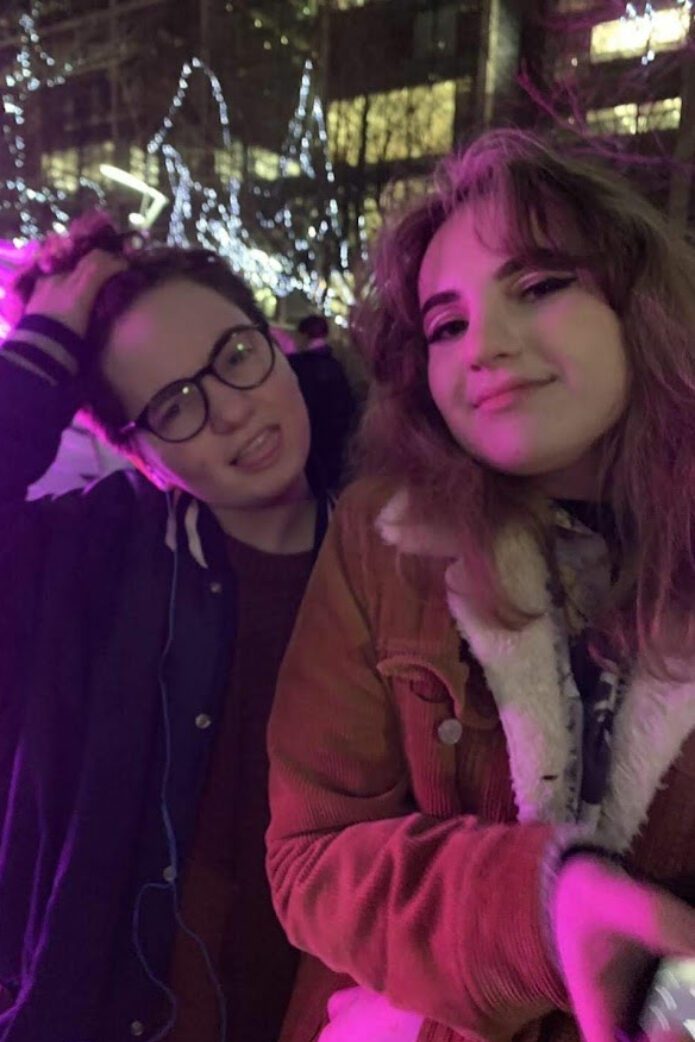
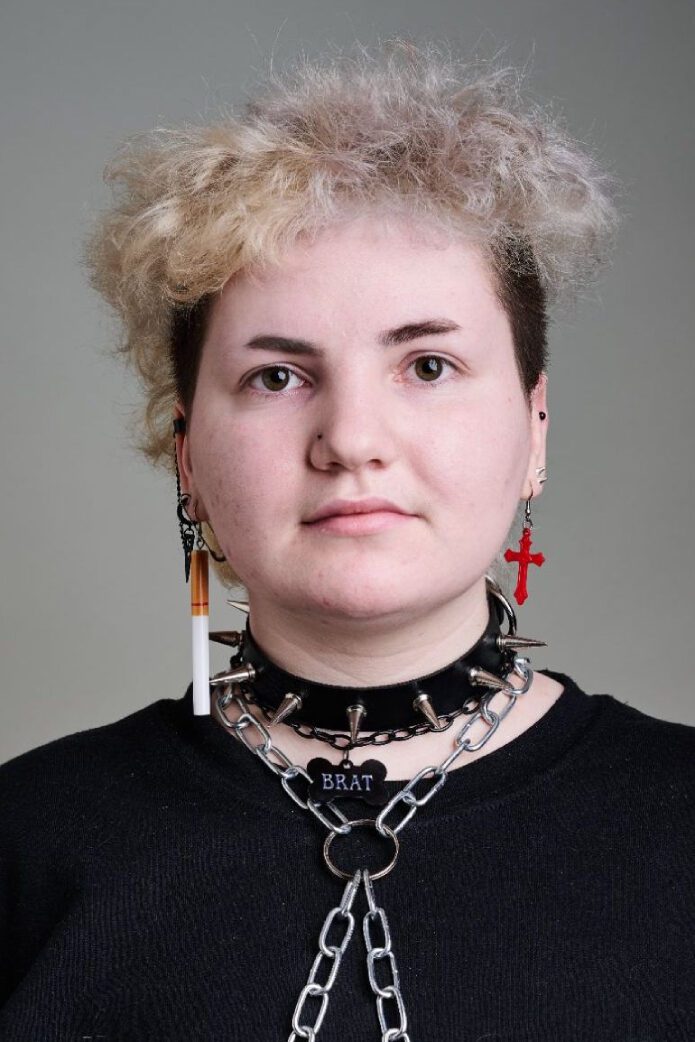
I ran up to my room – I had to look up who played pre-transition Sophia. I found my answer: Laverne Cox is transgender and has a real-life identical twin. Just like me.
For anyone else, this was a neat piece of trivia about the episode and a nuanced way to show a pre-transitioned trans character. For me, however? It was life changing. Laverne Cox being a highly regarded actress, model, and trans activist, being known by not only the trans community, but also by cisgender people, and having an identical twin cisgender brother?
I finally had to admit it. I couldn’t deny it any longer to myself that I am transgender, and that it’s OK to be transgender. Even if I don’t like sports, I wear skirts, I like boys, and even if I have an identical twin sister who isn’t transgender.
Now I embrace who I am and even speak in schools to young people about allyship to transgender people with Just Like Us, the LGBTQ+ young people’s charity. My sister is happy too, and we’re as close as ever. But we do sometimes get weird looks and strange comments.
The things people say often show that there’s a fundamental misunderstanding of what being trans means and what transgender people feel. Many have told me that I just cannot be trans and a twin because of my DNA, as if they know what my DNA says. Others have claimed that my transgender identity has come from environmental factors such as my own traumas and mental health issues.
Few people understand that being transgender isn’t necessarily a biological thing that has been seen in our DNA, or a feeling like being happy or sad that we can turn on or off. Transgender people are just the way we are and we need acceptance regardless of any deep philosophical guesses as to why we might be exist in the first place.
We don’t need to reason why people are gay to accept them, and that goes for trans people too.
Transgender people are individuals. We come from all backgrounds with all sorts of different experiences. Some people are born into loving environments and some are not. Also some people are twins and some are not! The one thing I have learnt is that nobody’s existence needs to be justified or reasoned with – we need to move beyond this to acceptance.
Olivia and I notice that people try to rationalise or make unnecessary links between me being transgender and us both being twins. Funnily enough, the comments that really bother aren’t the ones claiming I can’t be transgender, but the claims that my sister and I can’t be twins.
Those comments suggest that all the experiences, connections and emotional journeys we’ve ever faced together as twins are invalid. I’ve experienced a lot of transphobia since coming out but being told I am not allowed to be my twin sister’s twin brother has hurt more than anything.
Matthias is a volunteer with Just Like Us, the LGBT+ young people’s charity.

